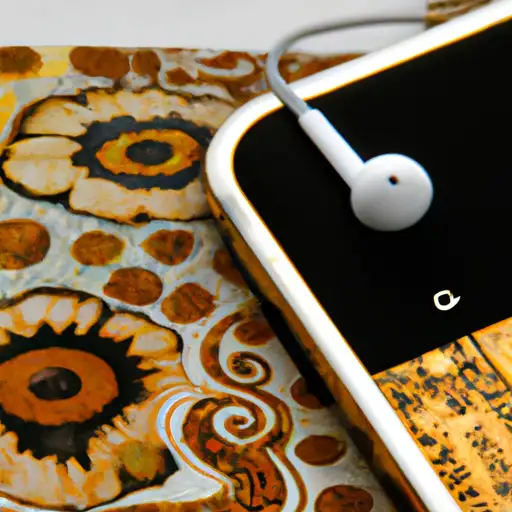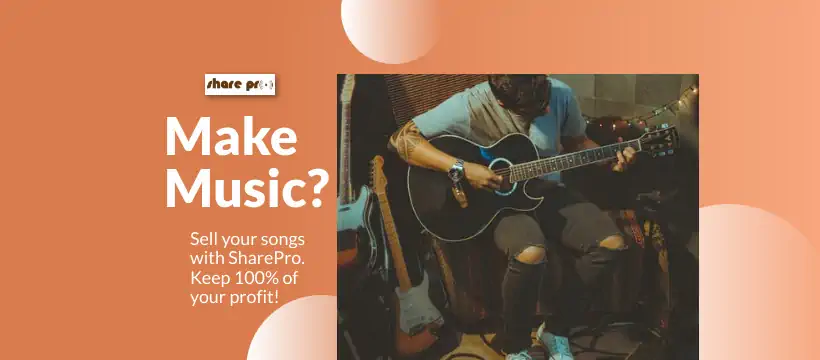How Much Do Indie Artists Make from Apple Music
Apple Music pays out it's artist, the question is how much & how often. We show you.
Are music streaming services really as good from a musician's point of view as they are from a listener's? It really depends. It’s true that music streaming has revolutionized the industry. Gone are the days when you had to physically go out and buy an album when it was released to enjoy your favorite artist's songs or music.
Now, with just a few clicks and taps you can enjoy whichever song you like, and play it as many times as you want, all from the comfort of your own home.
However, what do artists say about these new streaming services? Do they make more money? Is it easier for them to grow? What new challenges do they have to face and contend with in order to become successful on these platforms? Let’s take a look!
We’ve already covered how much Spotify pays Indie artists but as a comparison, we also wanted to take a look at how much Apple Music pays musicians on its platform. Just to see if it's better, worse, or in line with what Spotify believes in.
Apple Payout Model
In 2021 Apple Music announced its payout model, and it’s a much simpler, clearer, and more transparent one as compared to Spotify’s. Not only does Apple tell you just how much they pay per stream, but they also let you know that they do not differentiate between independent musicians and labels, claiming that they pay everyone the same headline rate! This is huge and very different from what Spotify claims to do.
Let’s take a more detailed look at Apple Music’s own statement. They say, “While some services pay far lesser rates to independent labels than they do to large labels, we pay the same headline rate to all labels. This implies that artists may distribute their music in any way they want, knowing that Apple Music will pay the same fee. Sign with a label or go it alone; we believe in the worth of all music.”
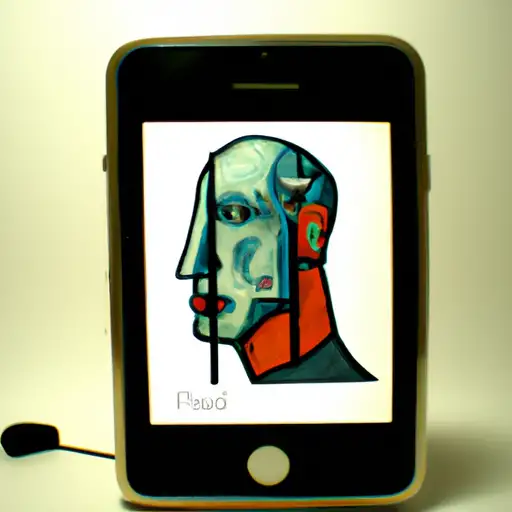
Apple Music
Apple Music Streaming Royalties & What Do They Pay
Moreover, they continue by saying, “While streaming service royalties are charged on a per-stream basis, a play still has monetary worth. This amount fluctuates depending on subscription plan and nation or location, but in 2020 it averaged $0.01 for Apple Music individual paid subscriptions. This comprises of payments from the label and the publisher.”
From what it seems, Apple Music believes in music's value and fairly compensates creators for their efforts. They've helped millions of artists and songwriters make a career in music since we established the iTunes Store in 2003. They feel it is critical to convey their beliefs as the debate about streaming royalties continues.
They also think that every creator should be paid the same amount, that every play has worth, and that artists should never have to pay to be featured, which is all very different structurally from how Spotify deals with artists and musicians on their platform.
As a consequence of its dedication to these principles, Apple Music paid out royalties to more than 5 million music artists worldwide in 2020, more than 1 million more than in 2019. The number of recording artists whose portfolios earned more than $1 million in recording and publishing royalties per year has climbed more than 120% since 2017, while the number of recording artists whose catalogs generated more than $50,000 per year has more than doubled.
They also looked at Spotify’s and other popular payout models but stuck with their own, because according to their study, the other models would result in a lesser transfer of royalties with varying effects on artists. Per-play rates would no longer be the same for each play of a song.
More significantly, the modifications would not boost the amount of money that all producers make from streaming. Instead, these measures would transfer payments to a limited number of labels while decreasing transparency for all producers.
That is very interesting, the fact that they categorically call out all other streaming sites for paying artists less per stream while claiming that their model makes more sense and treats artists more fairly. They conclude by saying, “At Apple Music, our focus remains on artists and songwriters and finding new and innovative ways for all creators to make a living from music.
With Apple Music, music fans around the world enjoy an uninterrupted ad-free experience while knowing their data is kept private and used only to enhance the overall music experience for them.”
Apple Music For The People
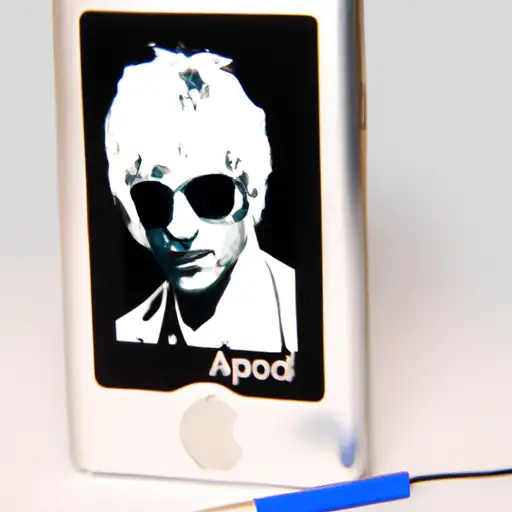
Music streaming royalties
There is some truth to Apple Music’s claim. Major celebrities have in the past had issues with Spotify, Taylor Swift prominently removed her entire discography from Spotify in 2014, sparking a three-year royalty battle.
Coldplay delayed its album "A Head Full of Dreams" a year later because Spotify refused to make it available to paying users alone. In 2017, Jay-Z removed most of his repertoire from Spotify in favor of his streaming service, Tidal (although his albums never left Apple Music).
The Costs For Indie Music Streaming
On the other hand, an Indie musician like Keating earned an average of $1,693.18 per month on streaming royalties from many different sites, altogether from January to September 2019. That money should ideally be provided directly to independent musicians like Keating who aren't signed to a record company.
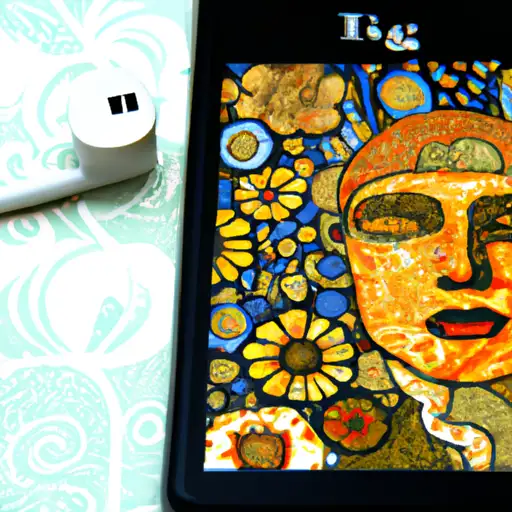
Earning money from music streaming takes a lot of work but is not impossible. Learn from others who have made it work for them.
However, because Keating utilizes a distributor to ensure that her music is available on a variety of services, the aggregator is also entitled to a percentage of her income. Keating works with CD Baby, which takes 9% of her monthly revenues, as well as RouteNote, which charges $30 per album per year.
Hence, with all this being said, it comes back to the same principle of not putting all your eggs in the same basket. If you truly want to make it as an independent musician, then banking and relying on one streaming service, no matter how good it appears, will not get you so far.
Your followers' listening habits are dispersed over many platforms, including Spotify, Amazon Music, YouTube Music, and Apple Music. So, you need to focus on all of them too.
Apple Music | DIY MUSICIAN | DITTO | Business Insider
Blog Article Tags
apple music streaming royalties paymentMore Articles
Where To Find Good Indie Music - If you're a long time fan or first time listener of Indie music, we'll show you the best methods for discovering the music you love.
Here Are 7 of the Best Vocal Booths on a Budget - Take a look at 7 vocal booths to get you close to that quality recording.
10 Must-Visit Music Resources for Indie Artists - Take a look at several useful resources that can help further your music career.
Why The Indie Music Industry Is Taking Over Mainstream Music - The indie music scene has been growing and why we believe it won't stop here.
5 Tips for Booking a Recording Studio at a Good Price - If you're looking to book studio time at a good price, check out these solid tips.

